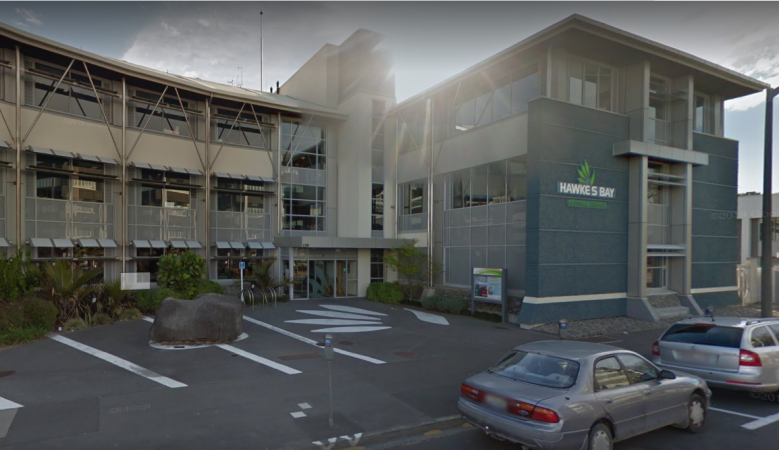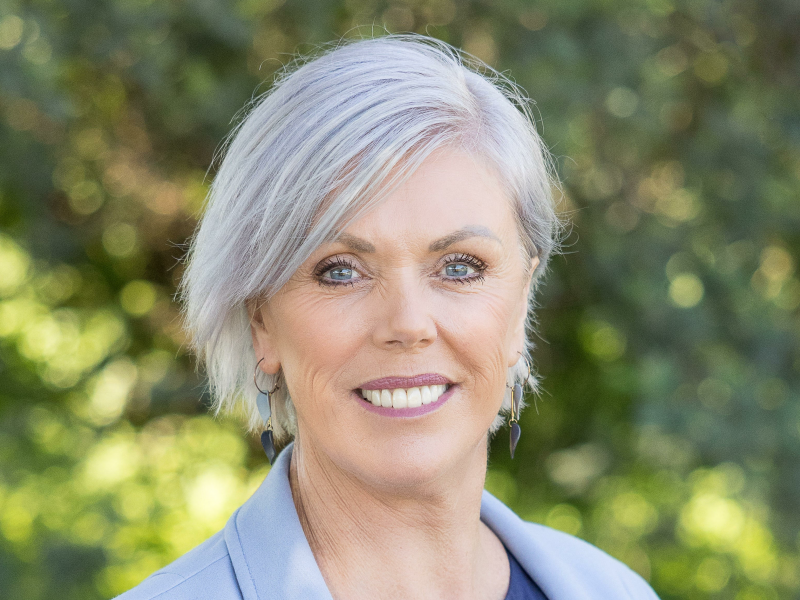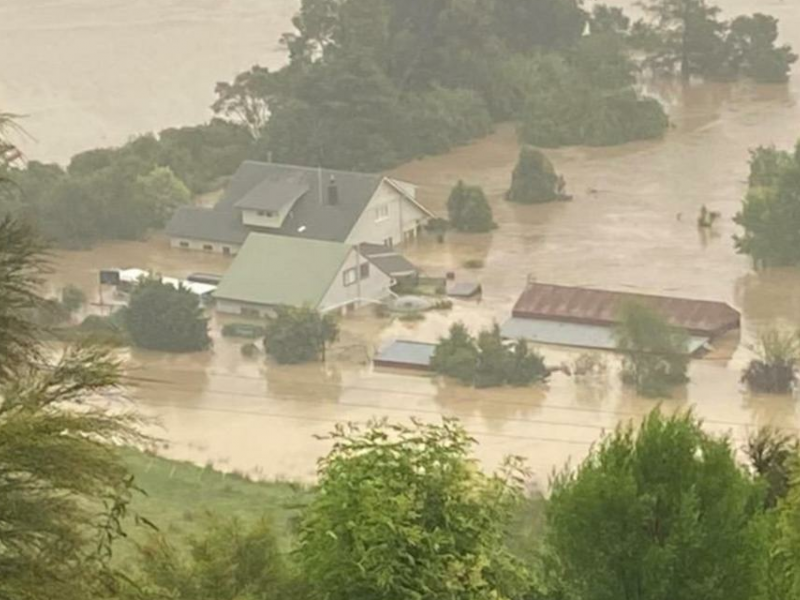Hawke’s Bay Regional Council plans a climate smart economic recovery
Hawke’s Bay’s Regional Council is focussed on stimulating a climate smart recovery to address the economic challenges facing the region from both COVID-19 and the drought.
The consultation approach for the upcoming 2020-21 Annual Plan was adopted today at a full Council meeting. It addresses the expected financial impact of COVID-19 and how the Council proposes to adjust to an expected reduction in investment income through its climate smart recovery plan.
Chair Rex Graham says the plan is bold and reflects the reality of the impact of COVID-19 and the Council’s determination to be there for the community.
“We are very conscious of the financial uncertainty facing many Hawke’s Bay businesses and families, and so we are offering our ratepayers the opportunity to decide on a zero rates increase to cushion the impact of COVID-19 and drought through consultation,” he says.
The Council is also consulting on a proposal to set up a $1 million Recovery Fund to leverage potential government co-funding into Council projects.
“This will contribute our own funding to shovel-ready capital projects that create jobs and economic activity in the region while enhancing the environment,” says Mr Graham.
“Our natural resources are the engine room that will drive the regional economic recovery. This is why we are focussed on supporting projects that create jobs that bring funding into our economy. We will ensure Hawke’s Bay comes back stronger to be more sustainable and resilient to future shocks,” he says.
Chief Executive James Palmer says the Regional Council has the ability to, and will, borrow to fund operational expenses if necessary.
“We are committed to continuing with our planned programmes of work. Our focus has been on how we fund these in light of the COVID-19 impact on our non-rate revenue. We will reduce costs where we can without compromising on the levels of our service across the region,” he says.
Mr Palmer says COVID-19 has been an unprecedented disruption, but it’s vital that the focus remains on climate change, which is the biggest threat to the region’s wellbeing.
“Time is not on our side on this issue and so we cannot afford to push it back down the priority list. This year’s drought is a reminder of the impact of climate on our regional economy and environment, as well as the importance of our rural sector to our economy,” he says.”
Mr Palmer says that as well as the economic challenges from COVID-19 and drought, the region still has the hugely complex issues of climate change, freshwater and biodiversity to address.
“We need to continue to find ways to work smarter with our community to achieve as much as possible with limited resources,” he says.
“We recognise the financial challenges ahead for many ratepayers and we need to be smart about our financial resources and use our balance sheet to continue to make progress on the region’s big issues,” says Mr Palmer.
“Organisational costs and spending are under tight scrutiny and will remain so throughout the coming year. Our rating team will also operate with greater flexibility and compassion, recognising the genuine hardship that people are facing,” he says.
Consultation on the 2020-21 Annual Plan will begin on 8 June and run for three weeks, until 28 June. There will be more information at hbrc.govt.nz, search: #ourplan.
The Climate. Smart. Recovery. plan is available here.
https://www.hbrc.govt.nz/assets/Document-Library/Plans/HBRC-Climate-Smart-Recovery-plan-web.pdf

























